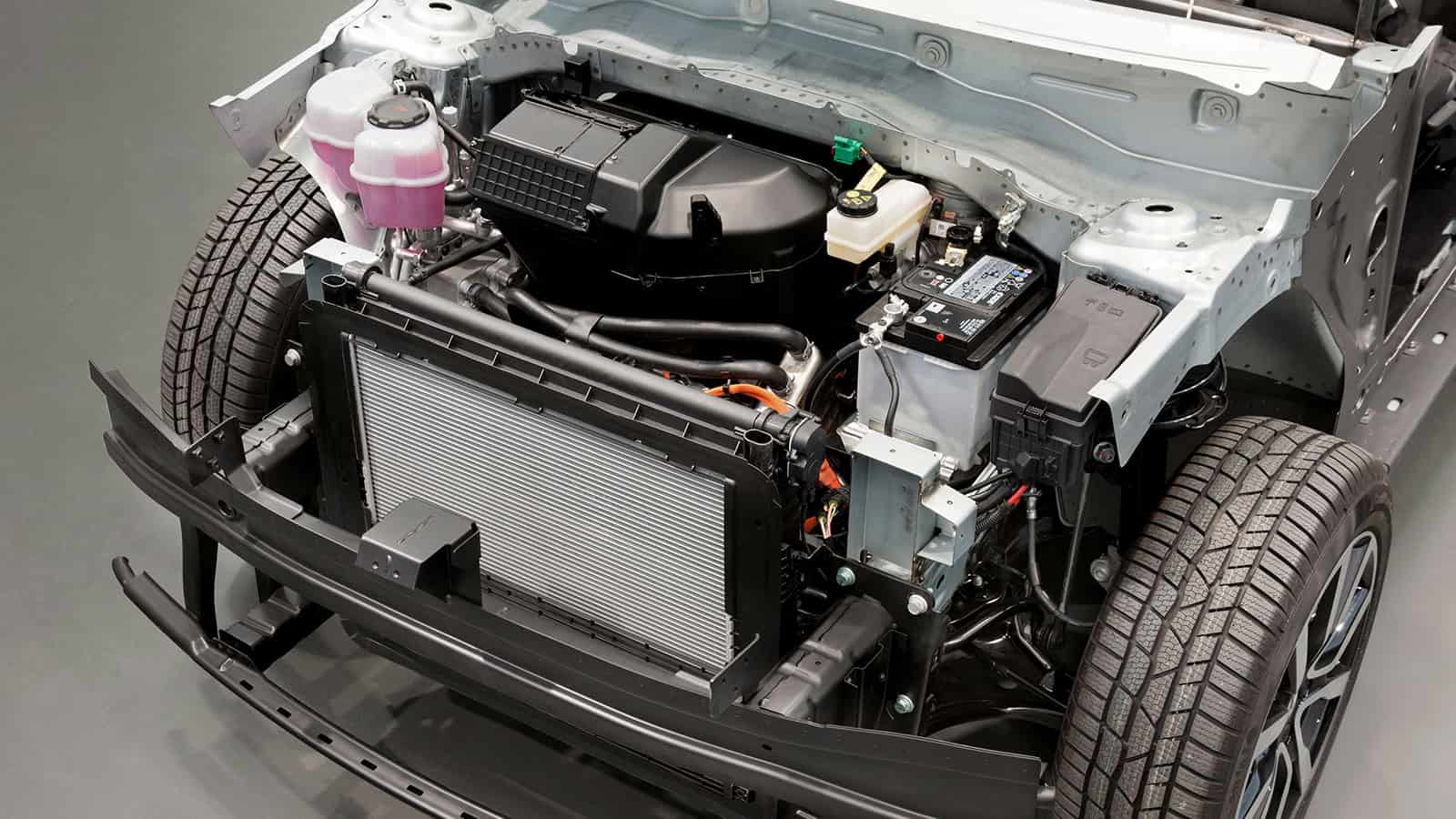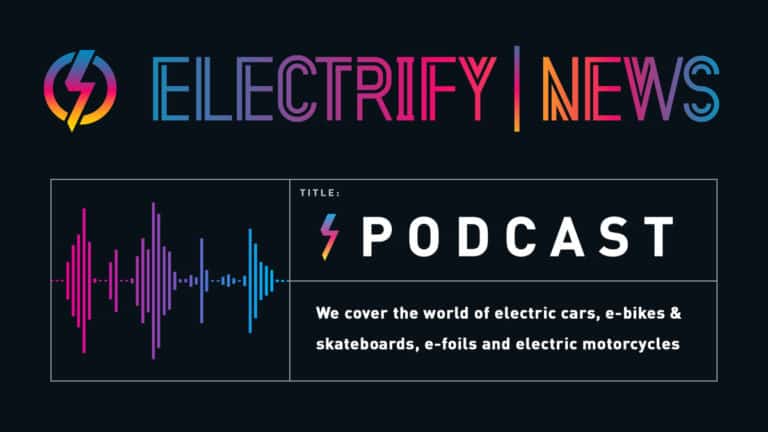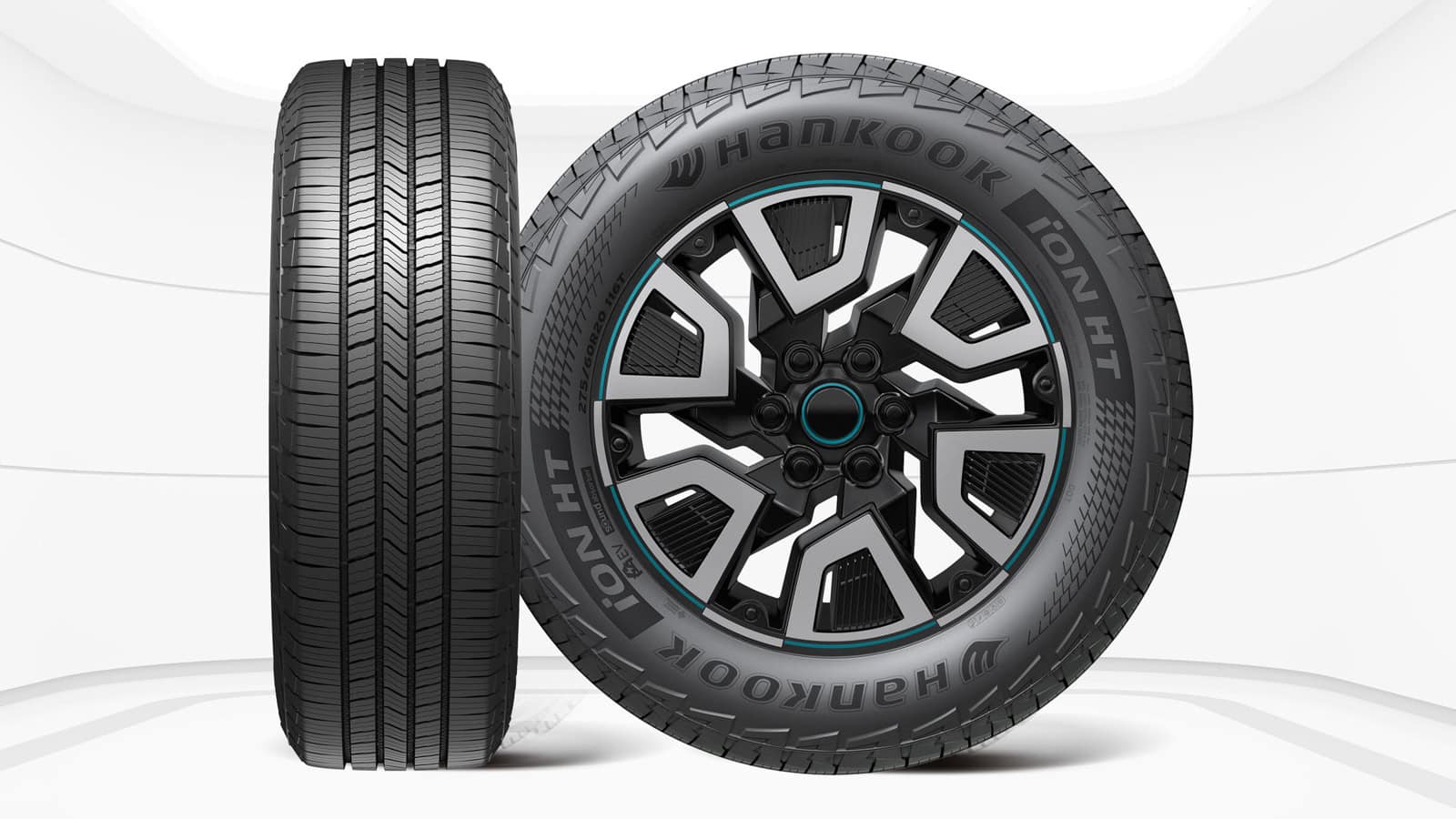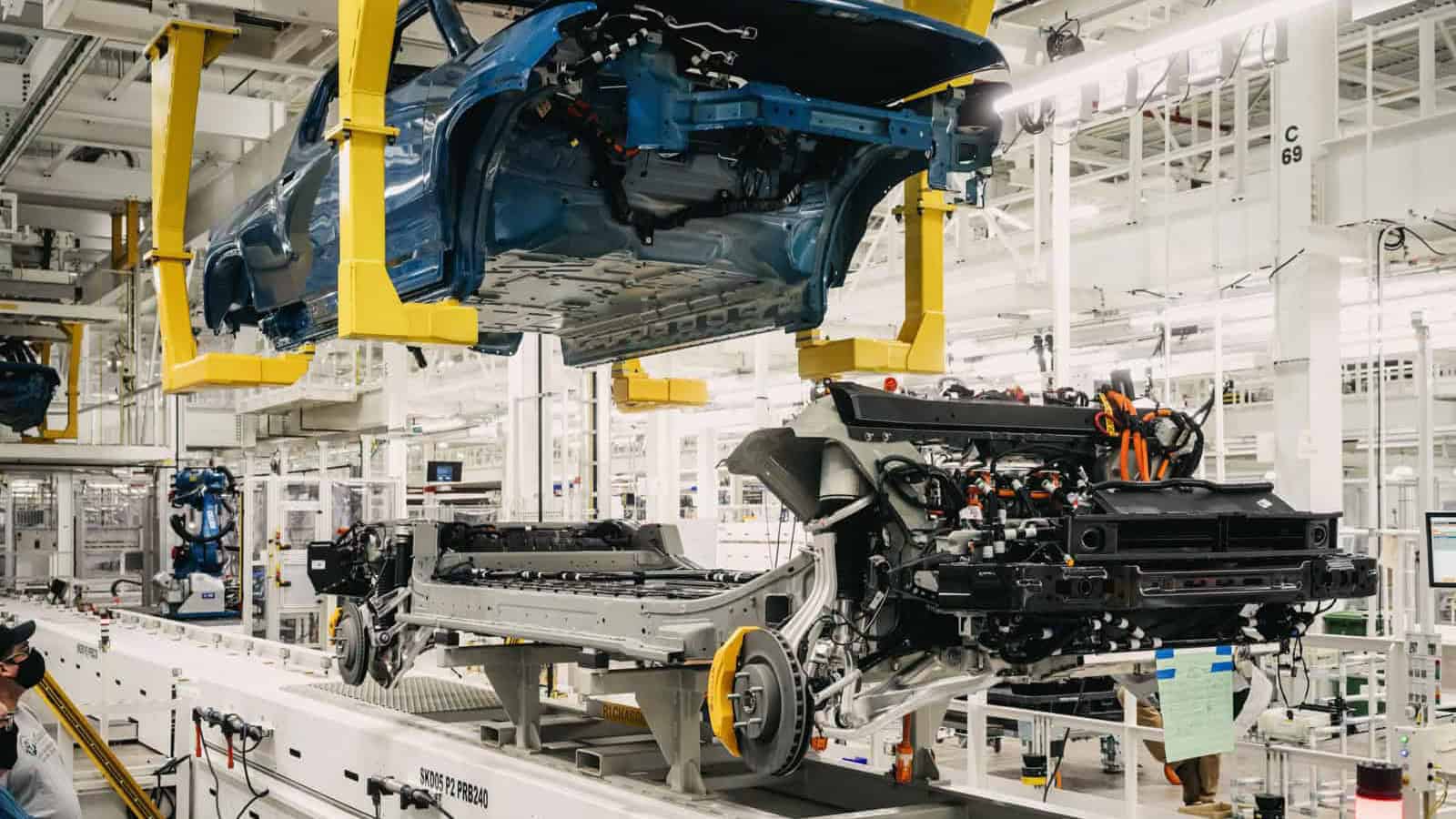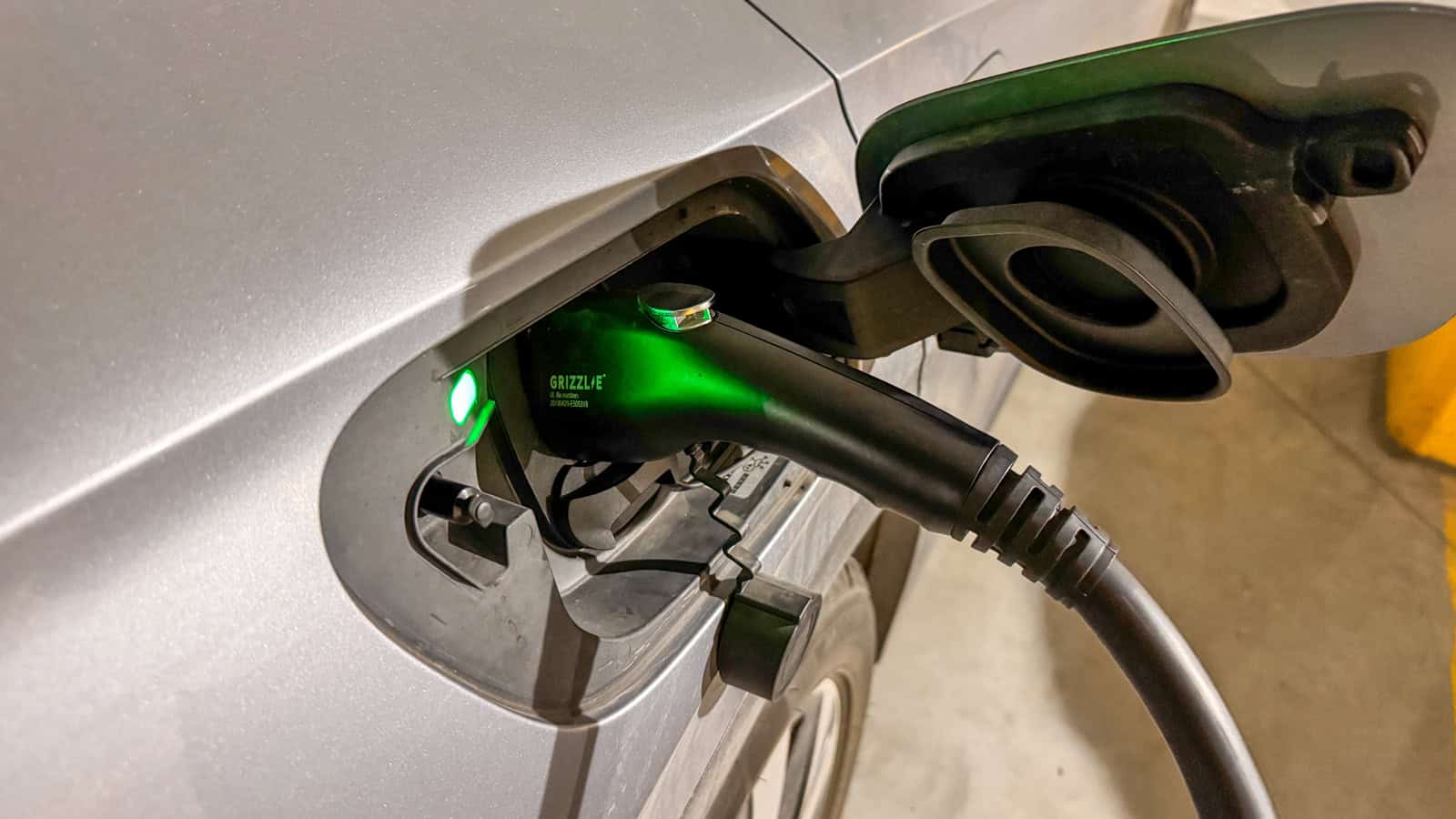- Don’t panic at your mileage; your EV doesn’t need an oil change.
- EVs require less moving parts to function, which results in much less maintenance over ICE vehicles.
- You should still maintain and replace items on your EV as per OEM recommendations and warranties.
Out running errands one day, enjoying your smooth and quiet ride, you glance at the dash’s odometer display and your heart skips a beat. Over the last few months, you’ve been doing the daily commute, visiting family, and taking friends for a spin to show your brand-new electric vehicle, and now you’ve racked up enough mileage to be overdue for an oil change! In any other type of vehicle, this would be enough to rush out to a drive-in lube spot – but before you do and have the techs there make some embarrassing videos, let’s set something straight: you don’t need an oil change.
The big difference: engine vs motor
That’s right – the easy, no-nonsense answer here is that you don’t need an oil change on your EV, and you never will! The big leg-up that EVs have over their gas-powered counterparts (besides skipping the pump) is that their power sources and delivery systems are completely different, requiring much less maintenance.
By definition, an engine converts fuel into mechanical force, requiring lubrication of its close-quarters, moving components to be able to run long term without wearing prematurely or seizing. So, an internal combustion engine (ICE) vehicle will need routine changes and top-ups of fluids in its engine and hydraulic power steering unit (if it has one).
Some other maintenance items unique to ICE vehicles include:
- Oil and fuel filters
- Belts and hoses
- Spark plugs
- Water pump
- Head gaskets
- Exhaust system repairs
- Internal engine issues (rings, cylinders, bearings, camshafts, etc.)
- Emissions tests
A motor, on the other hand, takes in electricity and puts out mechanical energy without the need for oil, or any of the aforementioned wear items, letting a zero-emission EV, with its electric motors and power steering system, skate right by the shop more often.
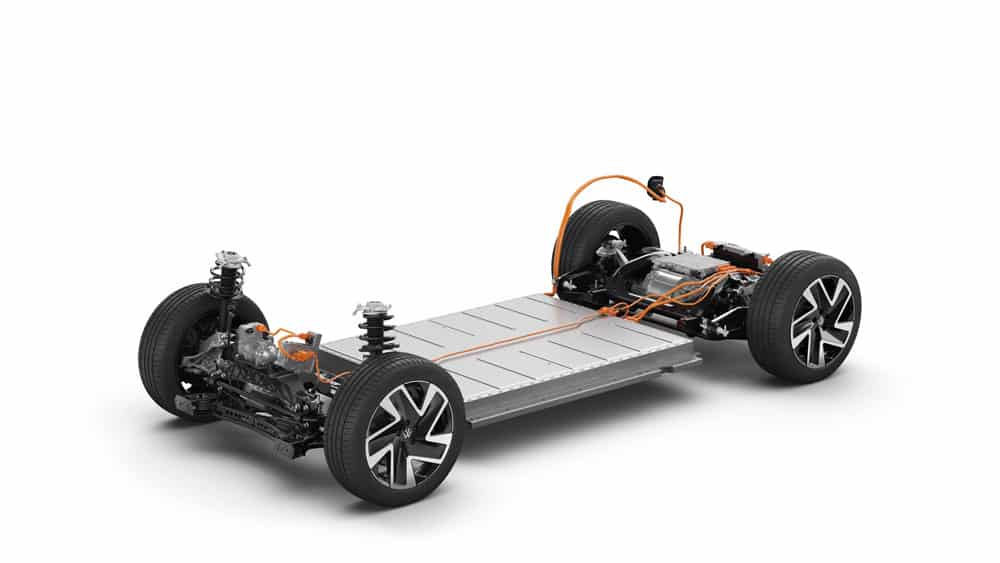
What you should keep your eye on
Here is where the differences end, however. As a road-going vehicle, an EV does share a lot of long-term wear items with its ICE siblings.
Some similar items that should be maintained and replaced at their regular intervals include:
- Tires
- Brake rotors and pads
- Brake fluid
- Windshield washer fluid
Even though everyone’s mothers warned them about the dangers of putting wet stuff near electricity, EVs do still need coolant, but for their battery’s thermoregulation system instead of the traditional radiator setup, to stay at the optimal operating temperature. While rare in most models, some EVs may still have multi-speed transmissions, so ensuring the transmission fluid required is up the snuff is something to keep in mind as well.
For the majority of you who have a single-speed transmission, your unit should be sealed, meaning that the fluid used inside is good to go for the life of the vehicle. The same is true of the lubricant needed for your electric motor, which circulates in a sealed system to cool your motor and keep it spinning as it should. To cut a long story short, you DON’T have oil in your EV, but you DO have specific lubricants that you SHOULDN’T have to change for as long as your battery keeps you moving down the road.
As always, abide by what your vehicle manufacturer recommends for maintenance on your vehicle, and make sure to get suspected issues looked at, especially before any warranties run out. For the latest news on EVs or any other questions you may have about ownership, stay tuned to electrifynews.com.

IMAGES: VOLKSWAGEN
FTC: We use income-earning auto affiliate links. Learn more.


